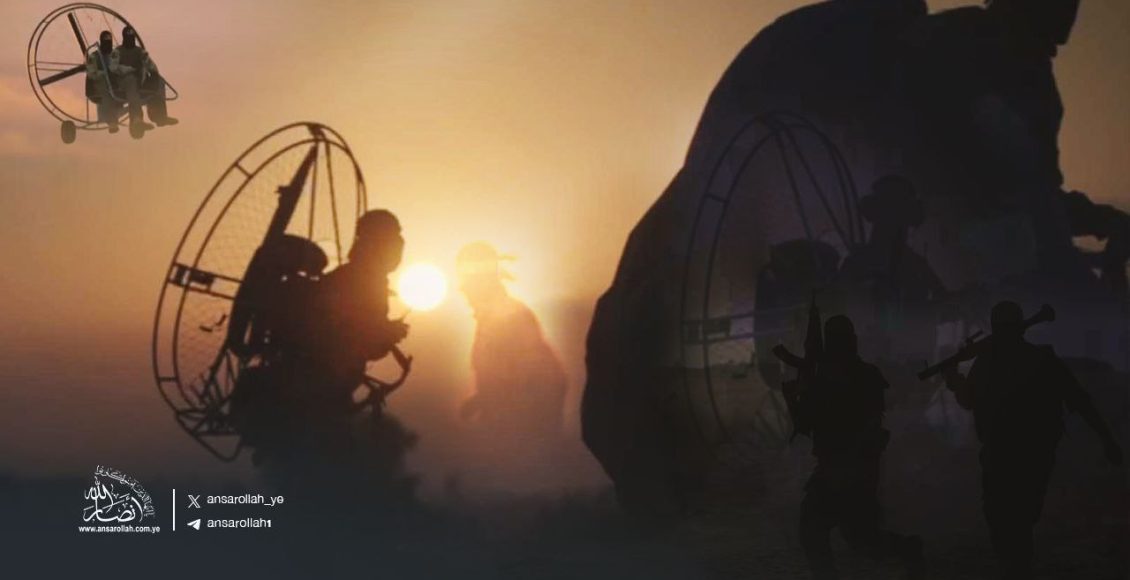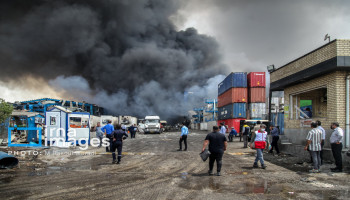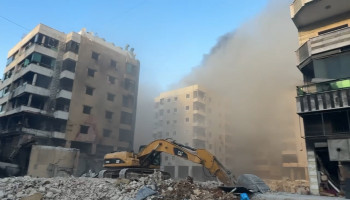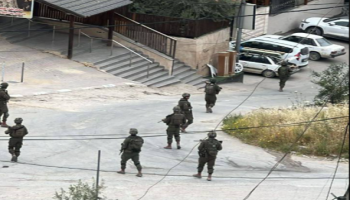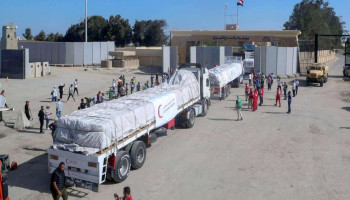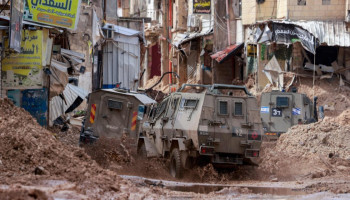Over the past year, Israel has failed to achieve any of its stated objectives in Gaza, most notably the elimination of Hamas and the recovery of its captives. This failure is set to have far-reaching consequences for the occupying entity on multiple fronts: militarily, politically, security-wise, and even socially. It not only highlights Israel’s military shortfalls but also underscores the complexities it faces in dealing with an armed faction like Hamas within the intricate environment of Gaza.
The Erosion of Military Deterrence
Despite possessing one of the most powerful militaries in the world, supported by an advanced multi-layered defense system, Israel’s inability to destroy Hamas or neutralize its military presence after years of warfare signifies a profound breakdown in its deterrence strategy. Gaza’s resistance has demonstrated that it remains capable of launching rockets and engaging in close combat, as witnessed in Jabalia, where Israeli forces had to retreat from the south to reinforce the north, underscoring the failure of Israel’s efforts to restore deterrence.
Israeli military campaigns aimed at neutralizing Gaza’s resistance have typically yielded limited success in military terms, while exacting a heavy humanitarian toll. These outcomes reveal that, despite relentless airstrikes and a continuous blockade, the resistance has managed to enhance its military capabilities.
In the past year, Israel has endured multiple rocket and drone attacks from the resistance axis that have breached its defense layers. For example, a Yemeni drone reached the heart of Yaffa, including the "Palestine 2" missile , bypassing its air defenses. Iraqi drones struck Israeli positions in Golan and Umm al-Rashrash, while an Iranian missile strike during Operation "Truthful Promise 2" exposed the fragility of Israel's defense systems. Footage has surfaced showing missiles encroaching interception or encountering no defensive measures at all.
Hezbollah's rockets, which forced hundreds of thousands of settlers to flee northern occupied Palestine, also encroached Israeli defenses, with a barrage reaching Haifa. The Israeli army admitted it had failed to intercept the attack.
Impact on the Inner Front and Confidence in Leadership
Israel’s inability to swiftly recover its captives has created immense pressure on both its government and military leadership. The settler public is particularly sensitive to the issue of captives, and any delays in their return are perceived as a sign of weakness in the army’s supposed might. This has fueled internal criticism of both the government and military, undermining public confidence in their ability to protect civilians and provide security.
Recent polls reflect this growing dissatisfaction. A survey by the "Israeli Democracy Institute", conducted one year after the Aqsa Flood, showed that two-thirds of Israelis feel less personally secure since October 7, with 45% believing social cohesion is low. Furthermore, 53% of respondents feel it is time to end the war on Gaza.
In another poll cited by the Zionist state media, 35% of respondents said they believe Israel lost the war with Hamas, while 86% indicated they were unwilling to return to settlements near Gaza. This reveals a significant erosion of settlers' trust in the military and security apparatus. Additionally, reports show that 25% of Israelis are considering emigrating, with nearly half a million having already left.
Strengthening the Resistance and Exposing Hypocrisy
Israel’s inability to crush the resistance has reinvigorated the spirit of jihad across the region, reinforcing the belief that the enemy is defeatable. The active participation of allied fronts has positioned the resistance axis as the leading force in the Arab and Islamic world, with Palestine as the central issue. The steadfastness of the resistance, along with its sacrifices, has exposed the hypocrisy of certain regimes that remain passive, thereby indirectly supporting Israel’s crimes against civilians.
The Aqsa Flood unfolded during a leadership vacuum in the Arab and Islamic world, as many hoped for the emergence of a leadership capable of confronting Israel. While the resistance axis carries the mantle of leadership, the enemies of the region continue to intensify their support for Israel, offering it weapons and protection. Unfortunately, Islamic and Arab leaders have shown weakness and failure, as evidenced by their inability to even enforce a ceasefire during the joint summit last year. Their statements remain mere ink on paper.
Today, the resistance axis is the true representative of the Muslim Ummah. Despite the heavy sacrifices and significant achievements, it continues to face betrayal from regimes of complicity and hypocrisy. The emergence of this leadership is crucial at this critical juncture in the history of the Islamic world, as it is key to securing the future and upholding the faith of the people.
The Weakening of Israel’s International Standing
Before the Aqsa Flood, Israel had made unprecedented political strides, normalizing relations with several Arab countries, including the UAE, Bahrain, Sudan, and Morocco, and was on the verge of doing the same with Saudi Arabia and other major Islamic nations. However, following its escalation in Gaza, Israel now faces increasing international pressure to cease its aggression, with countries calling for a halt to the humanitarian catastrophe it is creating, which it plans to extend to Lebanon. Nevertheless, Israel continues to enjoy significant support from the U.S., which shields it from accountability for its atrocities, effectively becoming complicit in its crimes.
The ongoing violence and retaliatory attacks have made other countries more cautious about offering unconditional support to Israel, as evidenced recently by France’s decision to halt certain arms supplies. This could lead to a decline in Israel’s diplomatic standing.
Growing Belief in Israel’s Inevitable Demise
On this topic, we can refer to Sayyid Abdul-Malik al-Houthi's speech on the first anniversary of the Aqsa Flood:
"Despite all the betrayal, and despite the immense support for the Israeli enemy, the inevitability of Israel’s demise is a religious, historical, and cosmic certainty. The criminal enemy and its Western backers know this. Even Israel’s own leaders acknowledge this inevitability. Netanyahu himself once said, ‘I will do my best to ensure that Israel celebrates its hundredth anniversary, but history teaches us that no Jewish state has lasted more than 80 years.’"
This realization weighs heavily on the minds of Israel's leaders. Ehud Barak expressed similar concerns in a recent article, warning of the state’s potential demise. Israel is grappling with an existential crisis that no amount of criminality can resolve. The growing influence of resistance movements and the Palestinian uprising, crowned by the Aqsa Flood and its sacred battle, has deepened Israel’s fear of its inevitable demise.
Conclusion
A year of Israeli failure to eliminate Hamas and recover its captives has exposed significant weaknesses in its military and security strategies. This failure has eroded public confidence in Israel’s leadership, bolstered the resistance, and revealed the fragility of the Israeli state and its military. As a result, several scenarios now point toward the inevitable demise of the Israeli entity by Allah's will.

